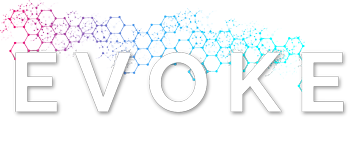What is Neurofeedback?
A Non-Invasive, Medication-Free Approach to Help Your Patients Reach Their Potential
“Study after study has shown that the symptoms of attention deficit disorder can be controlled through biofeedback…and it can make a huge difference in a child’s learning ability and self-esteem.”
“Dr. Phil” McGraw, Ph.D.
Syndicated Talk Show Host, Bestselling Author
Understanding Neurofeedback
Neurofeedback, also known as EEG Biofeedback, is a safe, non-invasive brain training technique designed to improve mental and emotional well-being. By monitoring brainwave activity in real-time, neurofeedback helps the brain learn to regulate itself, leading to better focus, reduced stress, and improved patient outcomes.
How it Works
- Utilizes the brain’s ability to change (neuroplasticity)
- Uses real-time feedback to reinforce healthier brainwave patterns
- Creates new neural pathways for improved regulation and flexibility
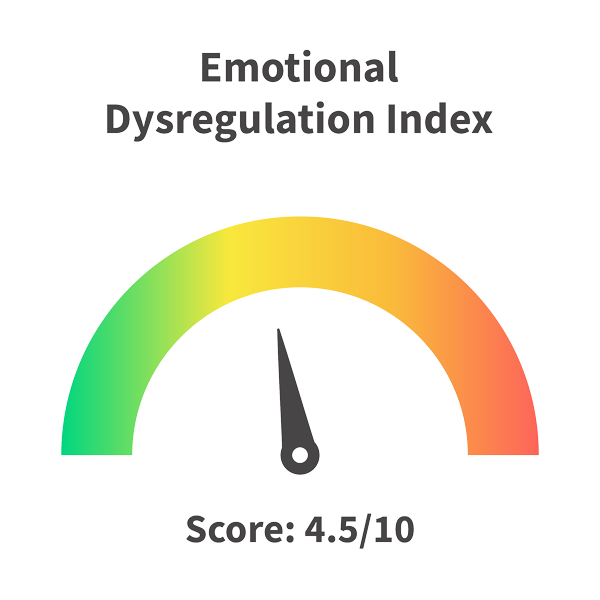
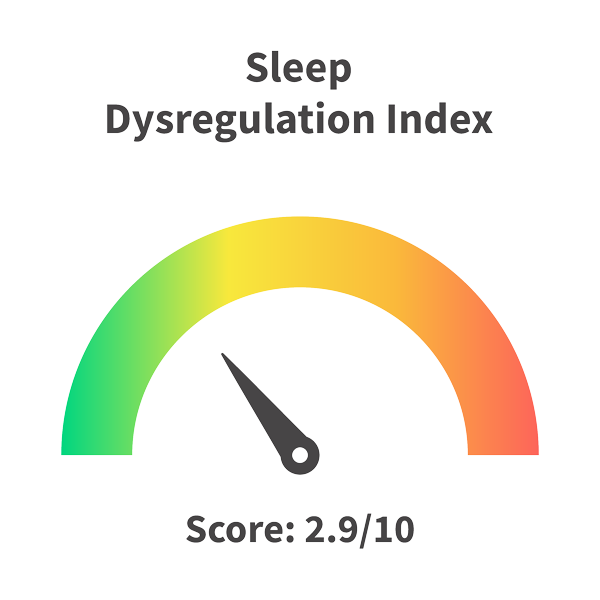
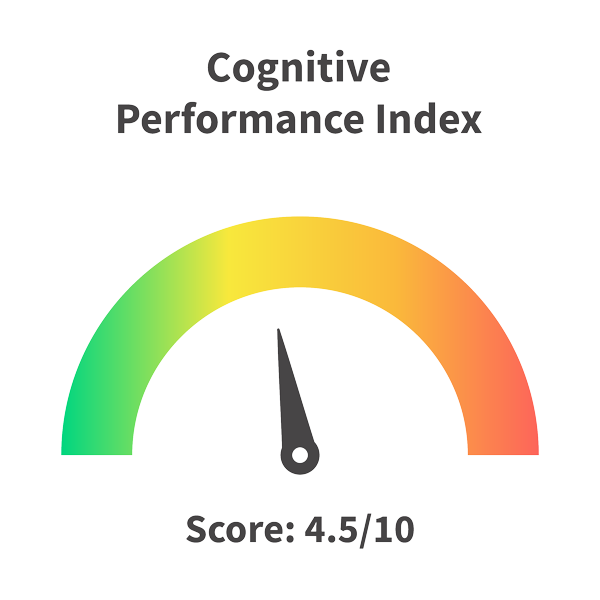
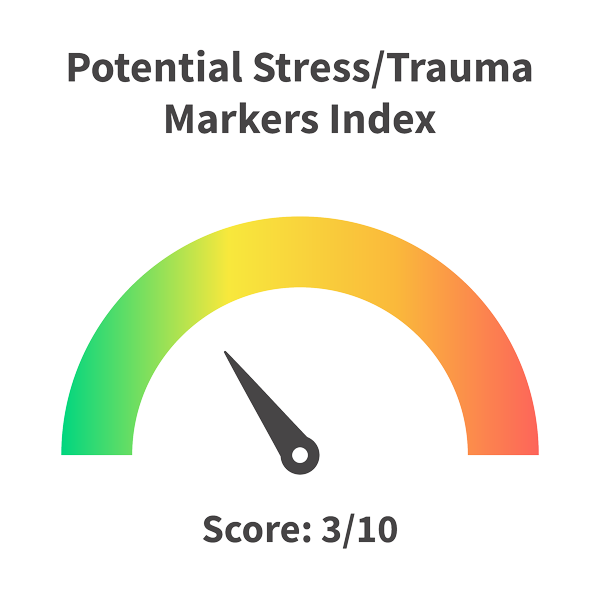
Why Choose Evoke for Neurofeedback?
Evoke simplifies neurofeedback for providers by handling the setup, training, and analysis – allowing you to focus entirely on patient care. Unlike other companies, we partner directly with healthcare providers without requiring them to become certified neurofeedback experts.
What Sets Us Apart
Complete Partnership:
No Learning Curve:
Revenue Stream:

The Benefits of Neurofeedback for Your Practice
Adding neurofeedback to your services can:
Enhance Patient Outcomes
Help patients manage symptoms of anxiety, ADHD, depression, and more
Create a New Revenue Stream
Offer a high-value service without steep learning curves
Differentiate Your Practice
Build Patient Trust
How Does Neurofeedback Training Work?
Neurofeedback uses neuro assessment data to assess and train brainwave patterns. Here’s how a typical session works:
Sensors placed on the head and ears measure electrical impulses
Software compares brainwaves to optimal patterns
Visual and audio feedback rewards the brain for reaching target patterns
Repeated sessions strengthen new neural pathways, leading to lasting improvements
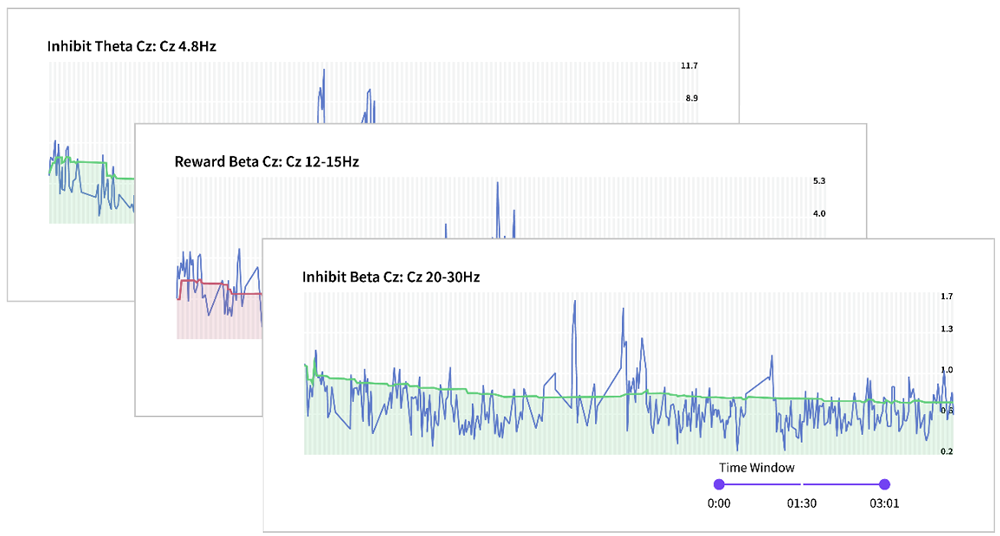
Clinical Proof and Success Stories
Neurofeedback is backed by extensive research and used by clinicians worldwide. Studies demonstrate its effectiveness in treating both neurological and psychological conditions.
Shown to improve focus, mood regulation, and cognitive function over time
Supported by clinical studies showcasing results
Positive outcomes for patients managing anxiety, depression, ADHD, and PTSD
“Among the newer approaches to managing ADD, the most exciting is a learning process called neurofeedback. It empowers a person to shift the way he pays attention. After more than twenty-five years of research in university labs, neurofeedback has become more widely available. This is a pleasing development because neurofeedback has no negative side effects.” (Page 205)
Why Choose Neurofeedback as an Alternative?
Neurofeedback offers a non-invasive and data-driven approach to helping patients manage symptoms effectively. Unlike medications, which may address symptoms temporarily, neurofeedback supports the brain’s ability to self-regulate through targeted training:
Non-Invasive:
Minimal side effects compared to pharmaceuticals
Sustainable Outcomes
Complementary to Therapy
Interested in offering neurofeedback for your patients? Please contact us!
Adding neurofeedback to your practice is easier than you think. Let’s discuss how Evoke can help you seamlessly integrate this service — so you can focus on your patients while we handle the rest.
